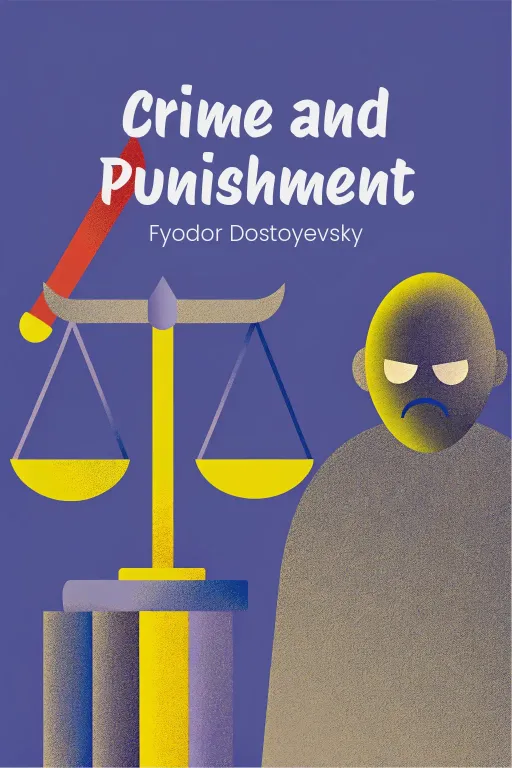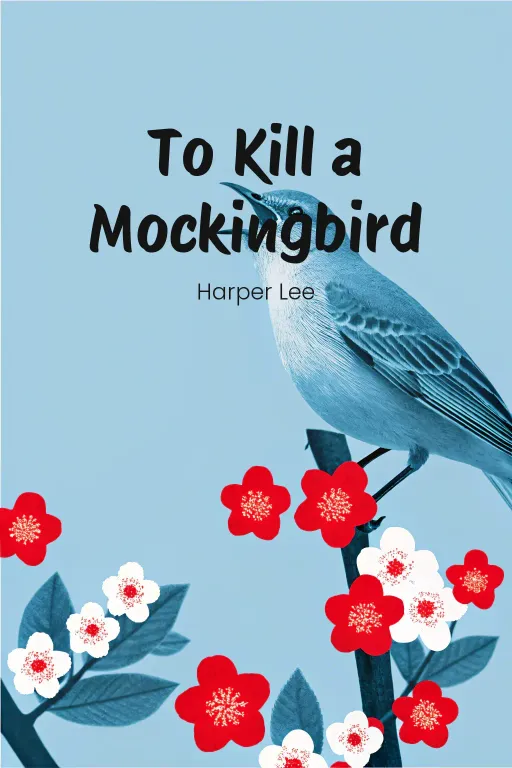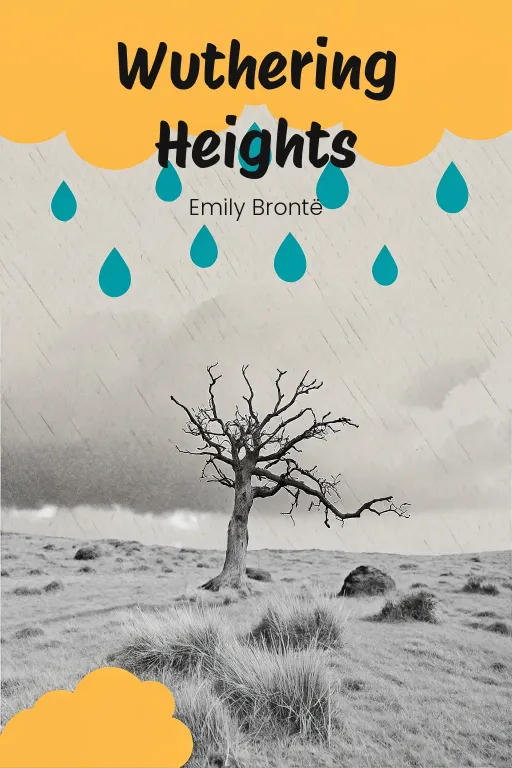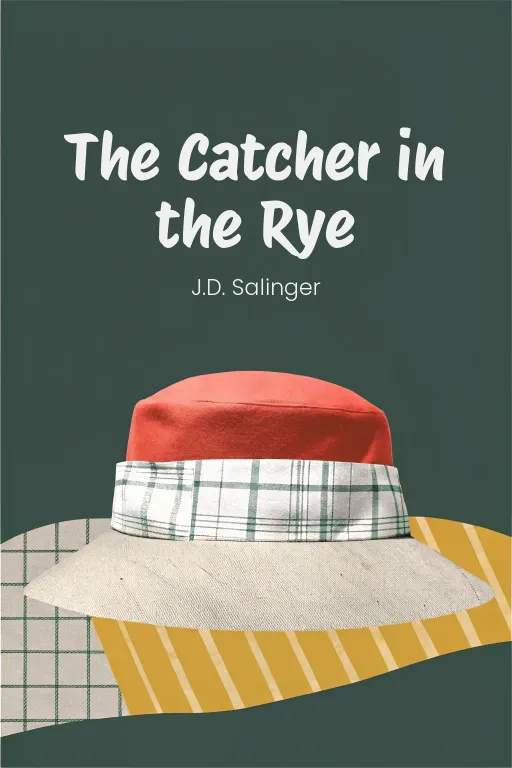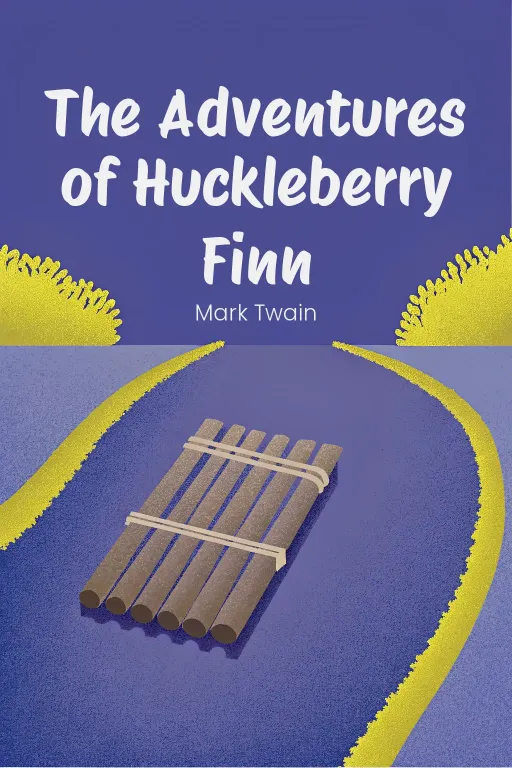
The Price of "Extraordinary": A Moral Descent
Podcast by Timeless Pages with Shakespeare and Austen
A Philosophical Masterpiece on the Boundaries Between Good and Evil
The Price of "Extraordinary": A Moral Descent
Austen: "Taking a new step, uttering a new word, is what people fear most." So writes Dostoevsky. Welcome, dear listeners, to Timeless Pages. I am Jane Austen, and today we explore the shadowed corners of Crime and Punishment. Austen: This intense novel follows Rodion Raskolnikov, an impoverished former student in 19th-century St. Petersburg. Convinced he's an 'extraordinary' man above the law, he murders a pawnbroker to test his theory. However, instead of liberation, he finds himself overwhelmed by guilt and paranoia. His journey becomes a harrowing descent into psychological torment, ultimately leading him towards the possibility of redemption through suffering and confession, particularly through his connection with the compassionate Sonia Marmeladov. Austen: At its heart, the novel examines the dangerous clash between intellect and morality. Raskolnikov constructs his 'extraordinary man' theory, justifying transgression for a perceived greater good. This reflects the nihilistic currents challenging traditional values in 19th-century Russia, a society grappling with stark poverty, depicted unflinchingly through the Marmeladovs. Yet, Raskolnikov's intellectual fortress crumbles under his human guilt. His encounters with Sonia Marmeladov, whose faith endures despite degradation, highlight redemption through humility, not superiority. This tension persists. Think of modern justifications for questionable actions – in business, politics, or online – rationalized by perceived exceptionalism, ignoring the fundamental human cost and the inner voice of conscience Dostoevsky so powerfully reveals. Austen: What makes Crime and Punishment endure? It is Dostoevsky's unflinching, almost forensic, dissection of a mind under extreme pressure. He maps the darkest pathways of thought, guilt, and the desperate search for meaning. It remains vital because it confronts us with timeless questions about justice, morality, and our capacity for both terrible acts and profound repentance. Consider Raskolnikov's self-imposed isolation, his descent into paranoia fueled by his secret. Does this not echo, in a way, the intense, sometimes isolating, echo chambers of online life, where extreme ideologies can fester, detached from broader human empathy? The book is a powerful reminder of the necessity of connection and shared moral understanding, however complex that may be. Austen: Raskolnikov's journey reminds us that even in the darkest psychological landscapes, the possibility of reconnection and renewal flickers. A complex, demanding, yet ultimately vital exploration. Until next time.
